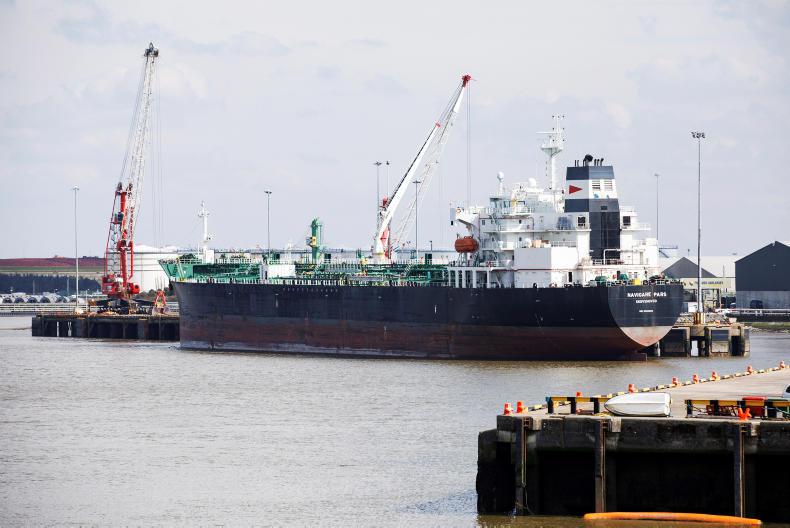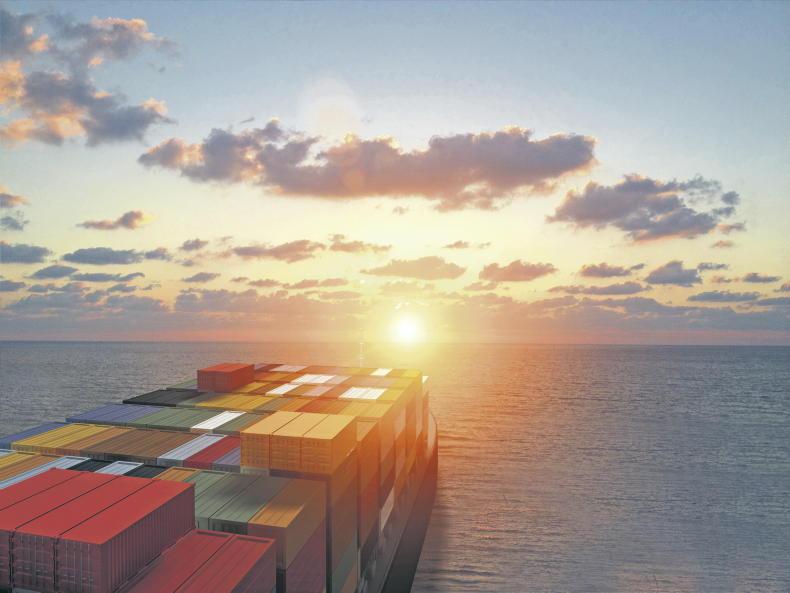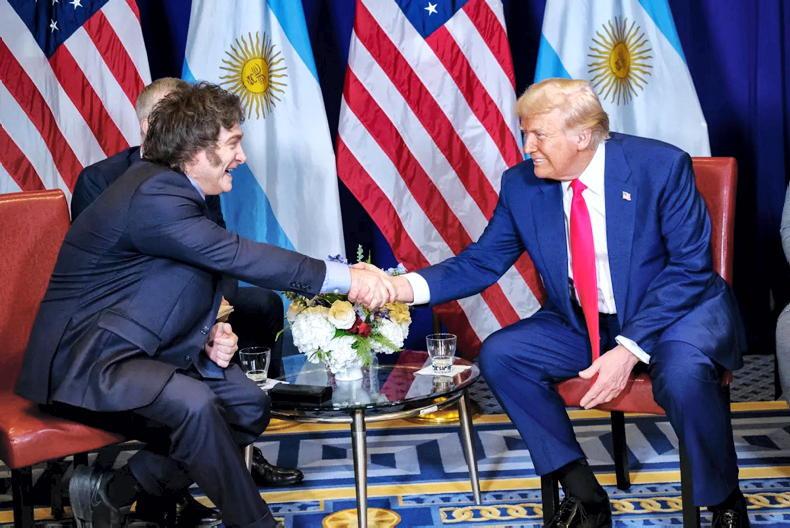As the UK approaches the time when it can set its own standards independent of the EU, a heated debate is emerging on where it should position itself with agricultural produce.
The National Farmers Union (NFU) collected one million signatures in a petition to retain existing EU standards as the UK standard when the UK goes its own way next year.
Agriculture bill
However, the agriculture bill that is making its way through parliament doesn’t reflect this and the government has indicated that it won’t accept amendments from the House of Lords that would keep UK standards as they are.
The government prefers the ambiguous position of saying that the UK will keep high standards for imported food, but is unwilling to have these clearly defined.
It also cleverly uses the cover that it doesn’t want to penalise poorer countries by prevent them exporting to the UK.
Trade minister Lizz Truss quotes the example of legislation potentially denying Kenya from exporting foodstuff to the UK because standards weren’t completely aligned.
USA is the big deal
Of course, it isn’t the tea or other produce that might come from Kenya that worries British farmers. The big concern is what the UK might concede to the USA in the quest for a trade deal.
This will be the crunch because the USA will not do a trade deal with the UK that doesn’t involve agriculture and that will mean accepting US production standards.
US production standards means accepting hormone-treated beef and the use of chlorine in washing carcases.
Scientifically, there is no reason to ban these and the WTO found against the EU when the US took an action 15 years ago.
US agriculture secretary Sonny Perdue reinforced the point this week in a call with EU journalists, reported in trade publication Agra Facts.
He referred to the UK as being “shackled” by EU policy and went on to say that the US “will not agree to policies that restrict our methods of production to any other standards outside of this country”.
This makes it is very clear that the choice for the UK is to either accept US agriculture standards or forget about a trade deal.
Of course, it was this issue that caused stalemate in the EU-US talks (TTIP) in 2016 which were then formally suspended when President Trump came into office.
Other deals
Elsewhere, the UK will have less difficulty in reconciling standards. Canada, South American countries, Australia and New Zealand all actively export agricultural produce to the EU and in the process meet EU standards.
It is likely that Australia and New Zealand will be among the early trade deals the UK concludes.









SHARING OPTIONS